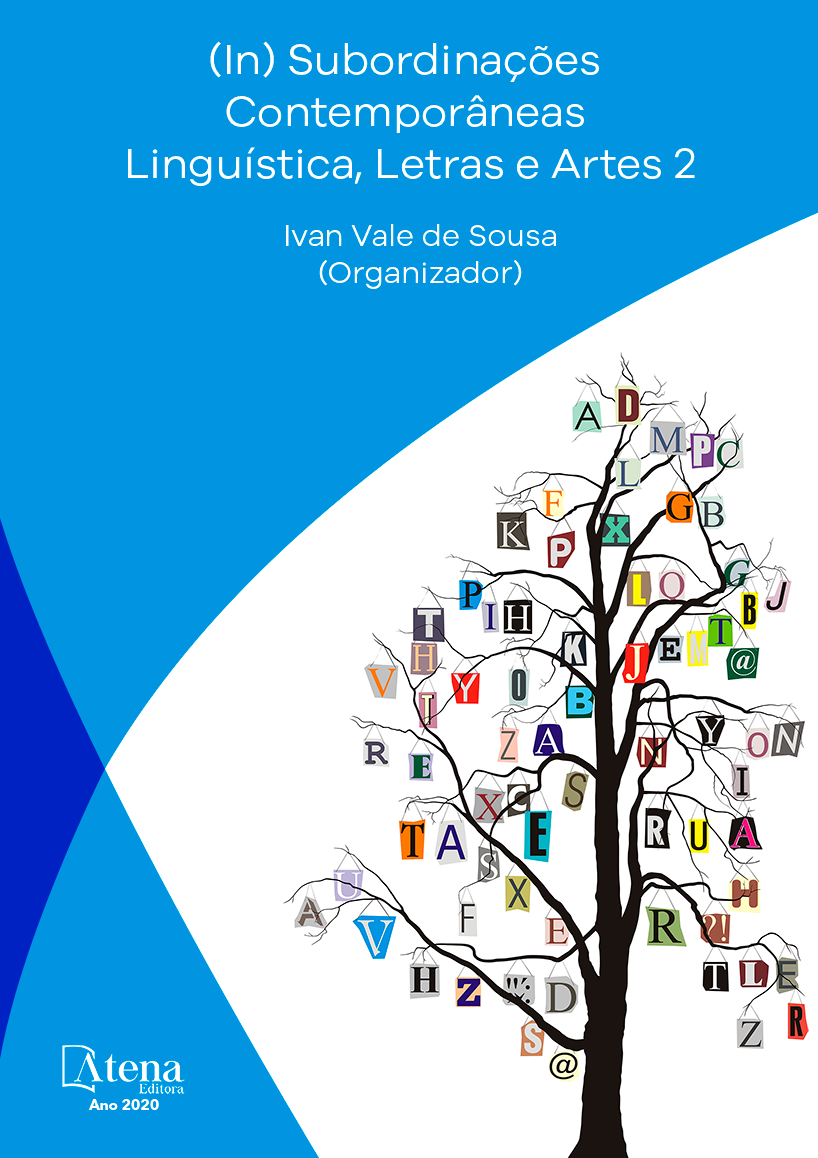
ESPAÇO URBANO, RESISTÊNCIA E LITERATURA: UMA ABORDAGEM TEÓRICA ACERCA DA APROPRIAÇÃO DA CIDADE
A presente discussão objetiva estabelecer relações entre espaço urbano, resistência e literatura, aqui considerados instâncias dessemelhantes que, quando entrecruzadas, possibilitam notáveis reflexões acerca da apropriação e representação da cidade. Ao fundamentar-se sob discussão bibliográfica, são destacadas premissas relevantes acerca do espaço urbano e suas implicações literárias, destacando-se as premissas de Sandra Jatahy Pesavento (2001; 2002; 2007), Renato Cordeiro Gomes (1994;1999) e Nestor Garcia Canclini (1997), relacionando seus pressupostos à questão literária. Nesse sentido, compreender que a cidade é formulada enquanto discurso e imagem implica entendê-la em sua materialidade simbólica, de modo a conceber sua representação como fruto de identidades sociais culturalmente construídas. Como conclusão, nota-se que considerar o imaginário enquanto elemento constitutivo do fazer literário possibilita, portanto, a compreensão da cidade também como produto cultural e político, o que permite salientar a conjuntura conflitante do urbano.
ESPAÇO URBANO, RESISTÊNCIA E LITERATURA: UMA ABORDAGEM TEÓRICA ACERCA DA APROPRIAÇÃO DA CIDADE
-
DOI: 10.22533/at.ed.18820280232
-
Palavras-chave: Apropriação. Cidade. Espaço Urbano. Literatura. Resistência
-
Keywords: Appropriation. City. Urban Space. Literature. Resistance.
-
Abstract:
The present discussion aims to establish the relations between urban space, resistance and literature, which are considered here dissimilar instances that, when intertwined, allow great reflections about the city’s appropriation and representation. When based on bibliographic discussion, relevant premises about the urban space and its literary implications stand out, emphasizing Sandra Jatahy Pesavento’s (2001; 2002; 2007), Renato Cordeiro Gomes’s (1994; 1999) and Nestor Garcia Canclini’s (1997) premises, relating their assumptions to the literary query. In this sense, comprehending that the city is formulated as discourse and image implicates in understanding its symbolic materiality in order to conceive its representation as the result of culturally constructed social identities. Thus, it is observed that considering the imaginary as constitutive element of the literary activity allows, therefore, the comprehension of the city as a cultural and political product as well, which allows to highlight the conflicting conjuncture of the urban.
-
Número de páginas: 23
- Leandro Souza Borges Silva


